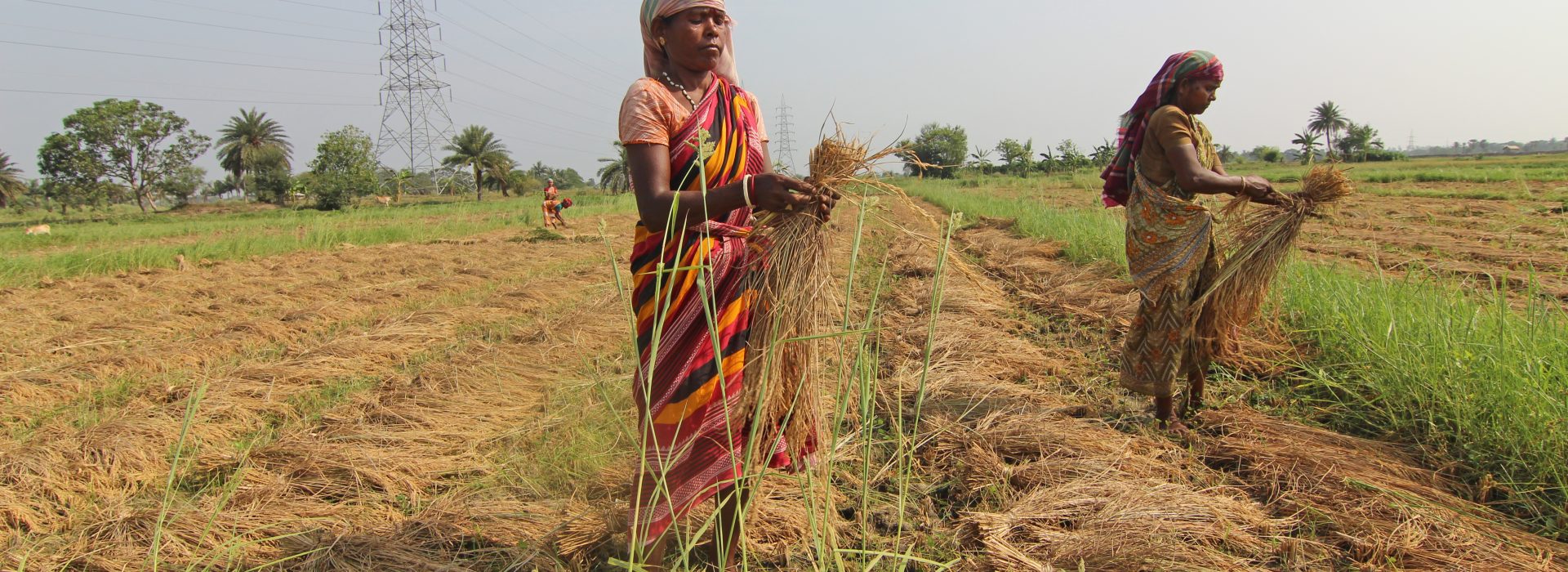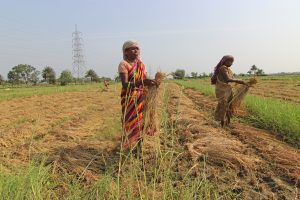A groundbreaking study led by GIST Impact, supported by the Global Alliance for the Future of Food, has provided new evidence supporting agroecological natural farming as a key approach to feed communities and transition farmers to nature-positive outcomes. The study, titled “Natural Farming Through a Wide-Angle Lens: True Cost Accounting Study of Community Managed Natural Farming in Andhra Pradesh, India,” compared the major economic, social, and health impacts of natural farming with three dominant farming systems in Andhra Pradesh. The results showed that farms using natural inputs achieved equal or higher yields, refuting the idea that chemically-intensive farming methods are necessary to meet the food production demands of a growing population.
Natural Farming Boosts Livelihoods and Health
The study revealed that community-managed natural farming in Andhra Pradesh (APCNF) improved farmer livelihoods, with net incomes averaging 49% higher. It also led to better health outcomes and stronger communities, with villages practicing natural farming having higher female workforce participation. Those practicing natural farming experienced fewer on-farm health risks, losing 33% fewer working days to illness compared to farmers using other methods.
Positive Social Impacts of Natural Farming
The study also highlighted the social impacts of natural farming. A virtuous cycle of increased economic gains, trust, cohesion, and reciprocity was observed, with women playing a significant role in enhancing social capital. Smaller farms and those practicing natural farming exhibited higher social capital scores, emphasizing the importance of smallholder farmers in community development.
Andhra Pradesh’s Agroecological Transformation
The research was possible thanks to the work of Andhra Pradesh Community-Managed Natural Farming (APCNF) – a state-wide agroecological transformation of the farming practices of its 6 million farmers over 6 million hectares and 50 million consumers. It is the largest transition to agroecology in the world, with 630,000 farmers addressing multiple development challenges: rural livelihoods, access to nutritious food, biodiversity loss, climate change, water scarcity, and pollution.
Implications for Global Food Systems Transformation
As the world grapples with the urgent need for food systems transformation, this groundbreaking research provides valuable insights for policymakers, communities, and farmers worldwide. By embracing agroecological practices like natural farming and employing frameworks like True Cost Accounting, we can transition to resilient, productive food systems at scale while promoting social and economic well-being and at the same time, reducing public expenditures.












